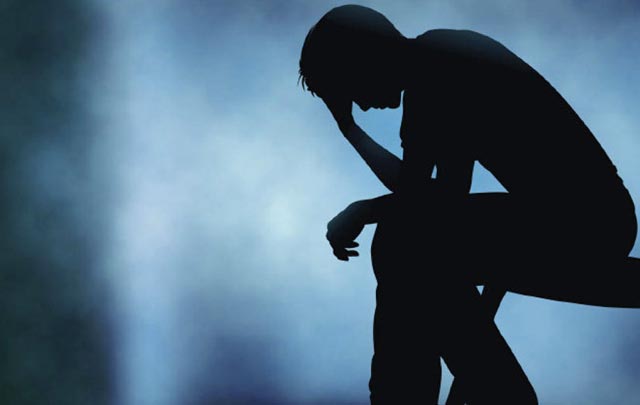A new survey, conducted during the coronavirus pandemic, has found many Americans have reported symptoms of psychological distress, which increased three times since 2018.
Researchers from the Johns Hopkins Bloomberg School of Public Health and the SNF Agora Institute at Johns Hopkins University found that Hispanics, young adults aged between 18 and 29, and adults across all ages in low-income households reported the highest psychological distress.
The survey was conducted online from April 7 to April 13, 2020.
The researchers found that more than 18% of Hispanic adults reported mental health issues in 2020 compared to 4.4% in 2018. Among adults aged between 18 and 29, 24% reported psychological distress in 2020 compared to only 3.7% in 2018, while among adults in low-income households, more than 19% reported psychological issues in 2020 compared to 7.9% in 2018.
The survey also found that more than 7% of adults aged 55 or above reported in 2020 compared to 3.8% in 2018.
The researchers noted that the ongoing COVID-19 pandemic has greatly affected people’s mental health. Social distancing measures, fear of contracting the infection, and economic crisis, and a high unemployment rate have negatively affected mental health.
They added that pandemic has disrupted access to mental health services across the nation.
Prof. Beth McGinty of Johns Hopkins Bloomberg School of Public Health said, “We need to prepare for higher rates of mental illness among U.S. adults post-COVID.”
“It is especially important to identify mental illness treatment needs and connect people to services, with a focus on groups with high psychological distress, including young adults, adults in low-income households, and Hispanics,” she added.
“The study suggests that the distress experienced during COVID-19 may transfer to longer-term psychiatric disorders requiring clinical care,” McGinty said.
“Health care providers, educators, social workers, and other front-line providers can help promote mental wellness and support,” she added.
The findings of the survey were published in a letter on the Journal of the American Medical Association. The Johns Hopkins University, the Johns Hopkins Bloomberg School of Public Health, and the Robert Wood Johnson Foundation supported the survey.























